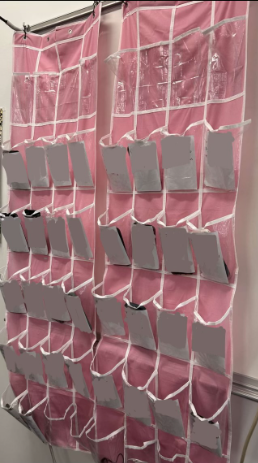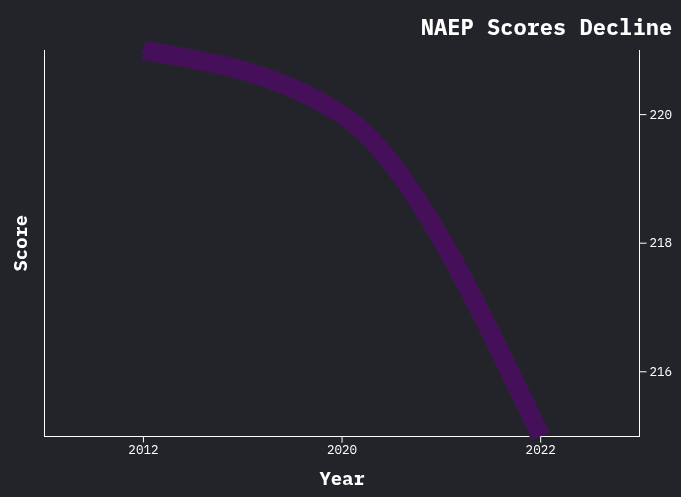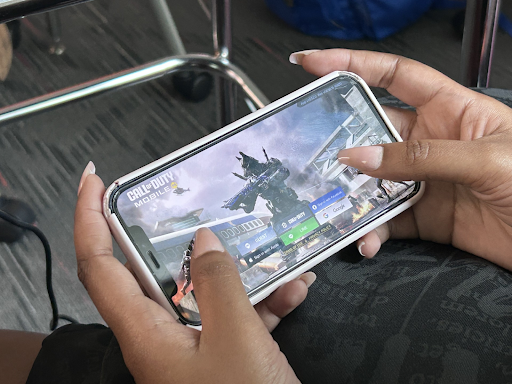The U.S. is currently experiencing a growing nationwide movement of restricting access and banning phones in classes and on school grounds. Now 13 states have passed or enacted laws surrounding the removal of phones from schools, including Florida, Louisiana and California, and New York and Tennessee are on the way.
However, banning phones in schools limits students’ access to important digital resources, stifles communication between parents and children, and ignores the need to teach students responsible tech use.
Currently, students at Fuquay-Varina High School are not under strict watch over their devices. The only time teachers really restrict them is during lessons, and when students exit to use the restroom or get water.
In the upcoming semester that may all change.
Administration is considering changing the phone policy to be much more strict, using phone cubbies to limit students’ devices. They think this will improve our brain function because we’ll be less distracted. But is that really going to solve all of their problems?
APUSH teacher Jonathan Bushhouse said, “There isn’t inherently anything wrong with technology impeding education; they are tools.”
High schools shouldn’t enforce strict phone policies, as allowing responsible phone use promotes self-regulation and digital literacy. Phones serve as mini-computers, offering fast access to helpful electronic tools such as Desmos, Khan Academy and Duolingo.
Bushhouse said, “I have led professional developments, and I have talked to staff while the majority of them have been on their phones. Yet there are adults and teachers that will say to your face that you shouldn’t be on your phone. So the notion that this is just a magical thing that adults know how to fix—it’s not. Phones are programmed to hack your brain and be addictive. It’s very difficult to learn how to manage.”
Why not help students understand how to regulate themselves, instead of completely taking them away? Teaching students how to self-regulate their electronics is much more effective than imposing harsh rules. Educators should implement guidelines that allow for the use of phones when they serve a purpose, as this will encourage students to self-monitor their usage.
This approach would help students develop a much stronger digital literacy, and the responsibility needed for the real world, while still benefiting from the many educational advantages that phones provide. Schools should strive to equip students with skills to manage their phones, instead of just outright banning them. It would better prepare students for their future if digital tools were not forbidden.








Amanda • Sep 17, 2024 at 7:28 am
Totally agree! How can we get this done? Amanda Dunning